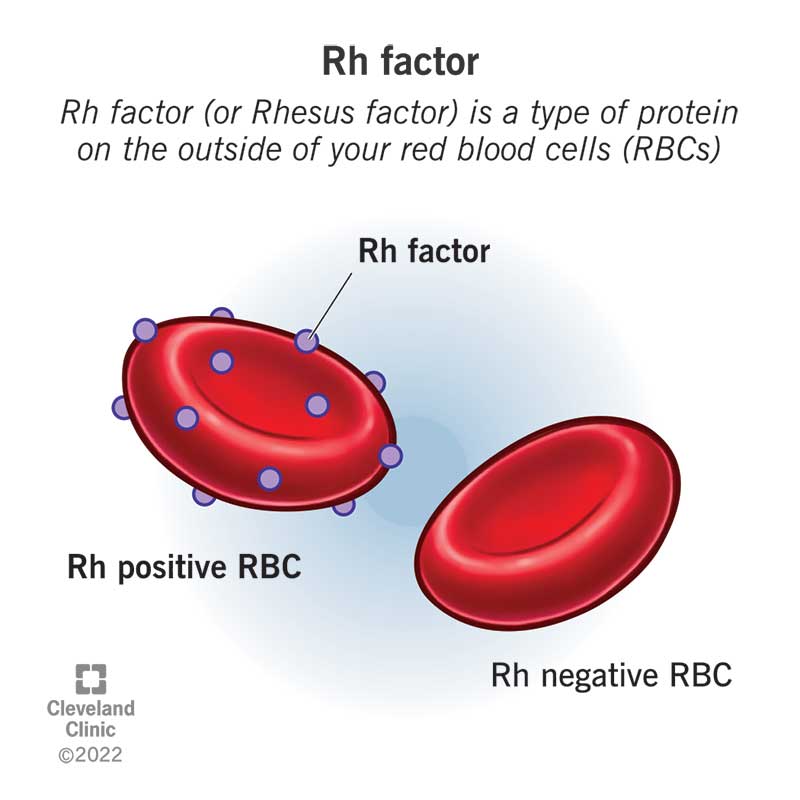
Understanding “the Rhesus Factor “and why it’s important to check your compatibility with your spouse before marriage
Understanding the Rhesus Factor and Its Importance Before Marriage
The Rhesus factor, also known as the Rh factor, is a protein found on the surface of red blood cells. It is a crucial consideration in prenatal care and family planning, especially before marriage. The Rh factor can be either Rh-positive or Rh-negative, and the presence or absence of this factor can impact pregnancy outcomes.
In pregnancy, Rh incompatibility between partners can lead to complications if the mother is Rh-negative, and the fetus is Rh-positive. If the mother’s blood comes into contact with the baby’s Rh-positive blood, her immune system may produce antibodies that can harm subsequent pregnancies with Rh-positive babies. This condition is known as Rh sensitization and can cause miscarriage, stillbirth, or serious health issues in newborns, such as hemolytic disease of the newborn (HDN).
To prevent Rh-related pregnancy complications, it is essential for couples to know their Rh status before marriage. If one partner is Rh-negative and the other is Rh-positive, medical interventions such as Rh immunoglobulin (RhIg) injections can be administered during pregnancy and after childbirth to prevent Rh sensitization.
Knowing the Rh factor before marriage allows couples to make informed decisions about family planning and prenatal care. It enables them to take proactive steps to ensure the health and well-being of both the mother and the baby during pregnancy and childbirth. Therefore, discussing and testing for the Rh factor before marriage is a crucial aspect of premarital health screenings and planning for a healthy family.